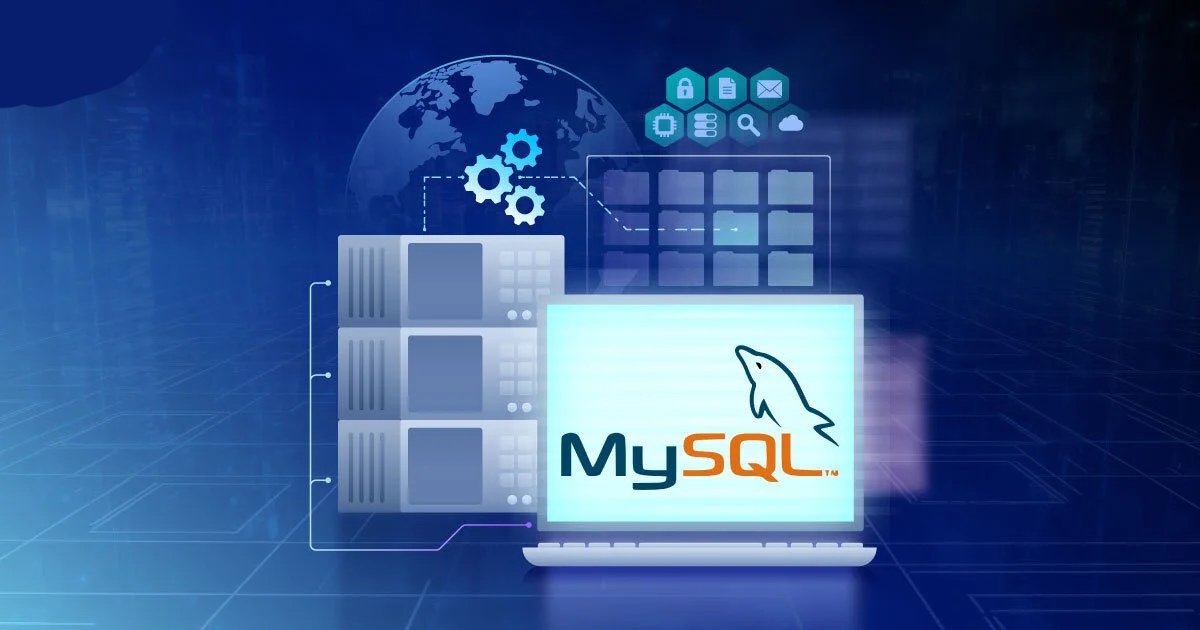
MYSQL
The "Introduction to MySQL Database Management" course provides a comprehensive foundation in the principles and practical applications of MySQL, a widely used relational database management system (RDBMS). Students will gain hands-on experience in designing, implementing, and querying databases using MySQL. The course covers essential concepts, SQL syntax, database normalization, and practical skills required for effective database management in real-world scenarios
Frequently Asked Questions
No, MySQL is not a programming language. It's a database management system you use to store and organize data.
MySQL itself isn't categorized into types. It's a single database management system, but you can set up multiple databases within a MySQL instance to organize your data.
MySQL is essential because it organizes large amounts of data efficiently, making it accessible for websites and applications to function effectively.
MySQL is a DBMS (Database Management System). It's a software tool that lets you create, manage, and access databases. MySQL stores data in a structured format, allowing efficient retrieval and manipulation by web applications and other programs.
YouTube likely doesn't rely solely on MySQL anymore. While it might have been used in the past, they've transitioned to Google's own scalable solutions like Spanner for massive data storage. MySQL might still be used for specific tasks, but it wouldn't handle YouTube's entire data load.
MySQL is a powerful open-source Relational Database Management System (RDBMS). This means it stores data in a structured format (tables) and lets you organize information efficiently. MySQL is known for its ease of use, speed, and reliability. It offers features like data security, user management, and support for complex queries, making it a popular choice for various web applications and data-driven projects.
MySQL itself isn't inherently online or offline. It's software installed on a server. You can access a MySQL database online if it's hosted on a server with an internet connection. But you can also set up a MySQL server locally on your machine for offline development purposes.
MySQL service can stop for various reasons. It might be a planned shutdown for maintenance, a server crash, or issues like missing files or insufficient permissions. Checking the error logs and restarting the service are initial troubleshooting steps.
Here's how to approach solving a MySQL problem: Identify the issue: Clearly define the error message or unexpected behavior you're encountering. Check error logs: The MySQL error log often provides clues about the problem. Look for specific error codes or messages. Consult documentation: The official MySQL documentation is a valuable resource for troubleshooting common errors and understanding functionalities. Search online forums: Many online communities and forums can help you find solutions to MySQL problems. Search for issues similar to yours and see if there are existing solutions. Consider professional help: If you're stuck and none of the above solutions work, consider seeking help from a MySQL expert or developers.
MySQL errors can arise from various reasons: incorrect queries (syntax errors), data type mismatches, permission issues, or problems with the MySQL server itself (storage issues, crashes). Error messages usually provide details to help pinpoint the cause.
1. Understanding Database Fundamentals
2. Mastering MySQL Basics
3. Database Design and Normalization
4. SQL Querying and Data Manipulation
5. Database Administration
6. Optimizing Database Performance
7. Handling Transactions





